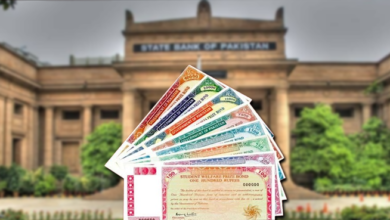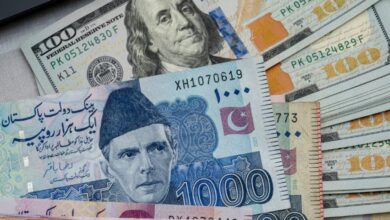ISLAMABAD: The federal cabinet has officially approved the creation of the Pakistan Virtual Assets Regulatory Authority (PVARA), marking a major step toward establishing a comprehensive legal and regulatory framework for digital assets in the country.
According to an official statement released late Monday, PVARA will function as an independent regulatory body tasked with licensing, monitoring, and overseeing virtual asset service providers (VASPs) in alignment with Financial Action Task Force (FATF) standards and global best practices.
This move builds on the momentum started by the formation of the Pakistan Crypto Council (PCC) on March 14, 2025, which kicked off a nationwide push for the responsible development and regulation of blockchain technologies, digital currencies, and tokenized assets.
Chaired by Finance Minister Muhammad Aurangzeb and led operationally by Bilal Bin Saqib, Special Assistant to the Prime Minister on Blockchain and Crypto, the PCC has played a central role in shaping Pakistan’s digital asset policy. The Council has also brought on board global blockchain leaders, including former Binance CEO Changpeng Zhao (CZ), as strategic advisors.
The PCC includes top-level representatives from major institutions—such as the SECP Chairman, State Bank Governor, and Federal Secretaries of Law and IT—ensuring a unified, cross-government approach to regulation.
On May 28, 2025, during the Bitcoin 2025 Conference in Las Vegas, Pakistan announced the creation of its first Strategic Bitcoin Reserve, aimed at strengthening macroeconomic stability and building sovereign digital reserves. Additionally, the government unveiled plans to allocate 2,000 megawatts of surplus electricity for Bitcoin mining and AI data centers, turning unused energy resources into economic drivers.
These developments point to Pakistan’s growing ambition to become a regional leader in digital finance. Once legislated, PVARA will be in charge of issuing licenses, establishing technical guidelines, ensuring FATF/IMF/World Bank compliance, and implementing cybersecurity and anti-money laundering safeguards.
With over 40 million crypto users and an estimated $300 billion in annual informal trading volume, Pakistan is already one of the most active emerging markets in the digital asset space. With more than 70% of the population under 30 and rapid growth in digital infrastructure, the country is poised to formalize its crypto economy and attract global investment.
Through a coordinated effort involving regulation, energy strategy, and sovereign investment, Pakistan is positioning itself as a secure, innovative, and investment-friendly hub for digital assets in South Asia.







